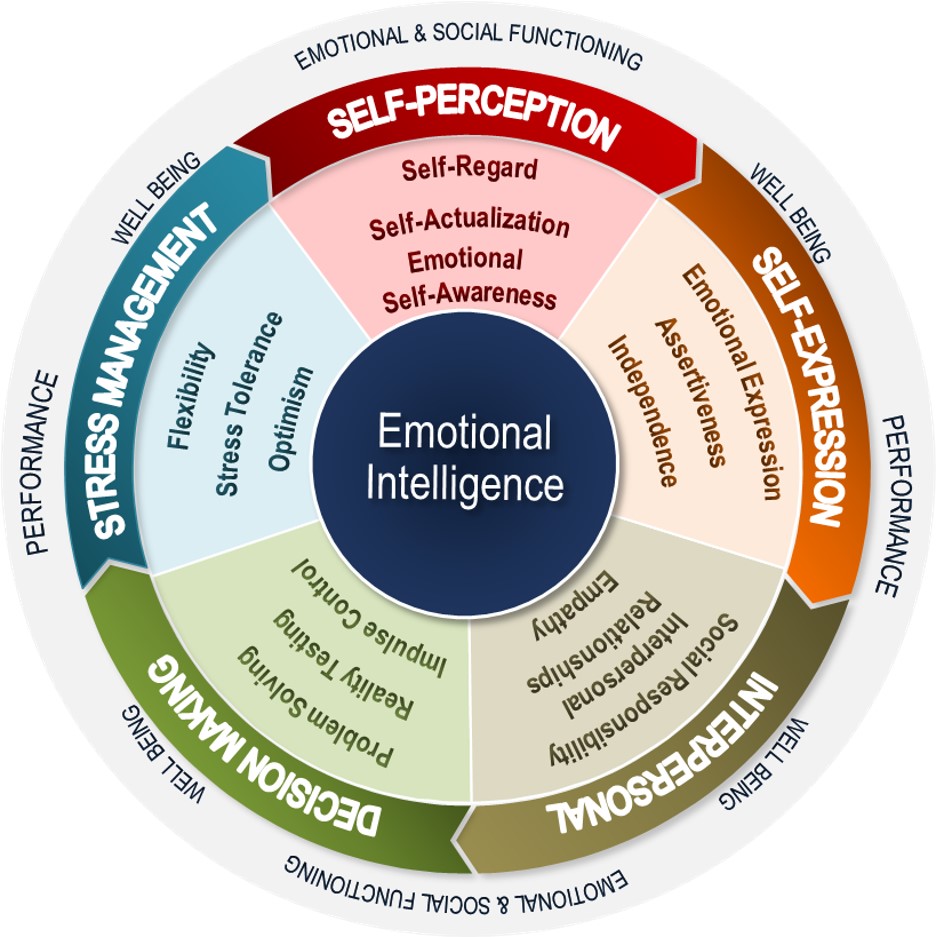Crisis Leadership Resources

- Today, April 30, 2 pm to 4 pm Eastern: Navigating Change in Turbulent Times. Use your understanding of what makes change so difficult to help your team overcome their resistance.
- Thursday, May 7, 2 pm to 4 pm Eastern: Using Emotional Intelligence to Manage Your Team. You need every ounce of your emotional intelligence to enable your team to perform despite their anxiety.


Getting the Most Out of Your Team in Trying Times
In a crisis, emotions run high. You’re probably experiencing a wide range of feelings right now. Anxiety, grief, anger, relief, worry, panic, outrage, sadness, and gratitude may be warring it out in your psyche, trading places in your personal Top 5 on a daily (or hourly) basis.
Members of your team are in the same boat. Together, you’re being tossed on stormy seas. They are looking to you to steer them to a safe harbor.
Pretending that you’re already in a safe place is not going to cut it, for you or for the people you lead. Wind and waves become more dangerous if you ignore them. So do anxiety, grief, and anger.
To get your team through this crisis, then, you need to use every ounce of your emotional intelligence and to develop more as you can.
Emotional intelligence consists of a complex set of skills and abilities. You can’t work on all of them at once. In ordinary times – remember ordinary times? – I lead coaching clients through an assessment to figure out where their strengths and weaknesses meet their team’s deepest needs. That tells us which aspects of emotional intelligence to focus on first.

Source: MHS Assessments (formerly Multi-Health Systems), Toronto,
based on a model developed by Reuven Bar-On
In extraordinary times, we latch onto the five components that are most critical in a crisis. The first three fall under stress management in the circle graphic above. The fourth is an interpersonal skill, while the fifth falls under decision making.
- Flexibility is the ability to adapt emotions, thoughts, and behaviors to unfamiliar, unpredictable, and dynamic circumstances or ideas.
- Stress tolerance involves coping with difficult situations, using the belief that you can manage the situations in a positive manner.
- Optimism is a positive outlook on life — an attitude of hope and resilience despite occasional setbacks.
- Empathy means appreciating how other people feel. Empathy involves being able to articulate your understanding of another’s perspective and then to behave in a way that respects the other’s feelings.
- Reality testing is the capacity to remain objective by seeing things as they really are. Part of reality testing is recognizing when your emotions or biases are making you less objective.
All five components are key to leadership in a crisis.
Our webinar Using Emotional Intelligence to Manage Your Team on April 30 will help you zero in on a starting point. Overloading your system by trying to tackle all five components at once will only set you back. The webinar will guide you through a process to create your own plan for improving the emotional intelligence components you need right now.
What you can do today
Sign up for our webinar Leading Through Crisis 2: Using Emotional Intelligence to Manage Your Team, to be held (virtually, of course) next Thursday, May 7.
Question for discussion
What is your experience with emotional intelligence? How does the concept resonate? Does it make sense, or does it feel a little woo-woo? Where does this opinion come from?

